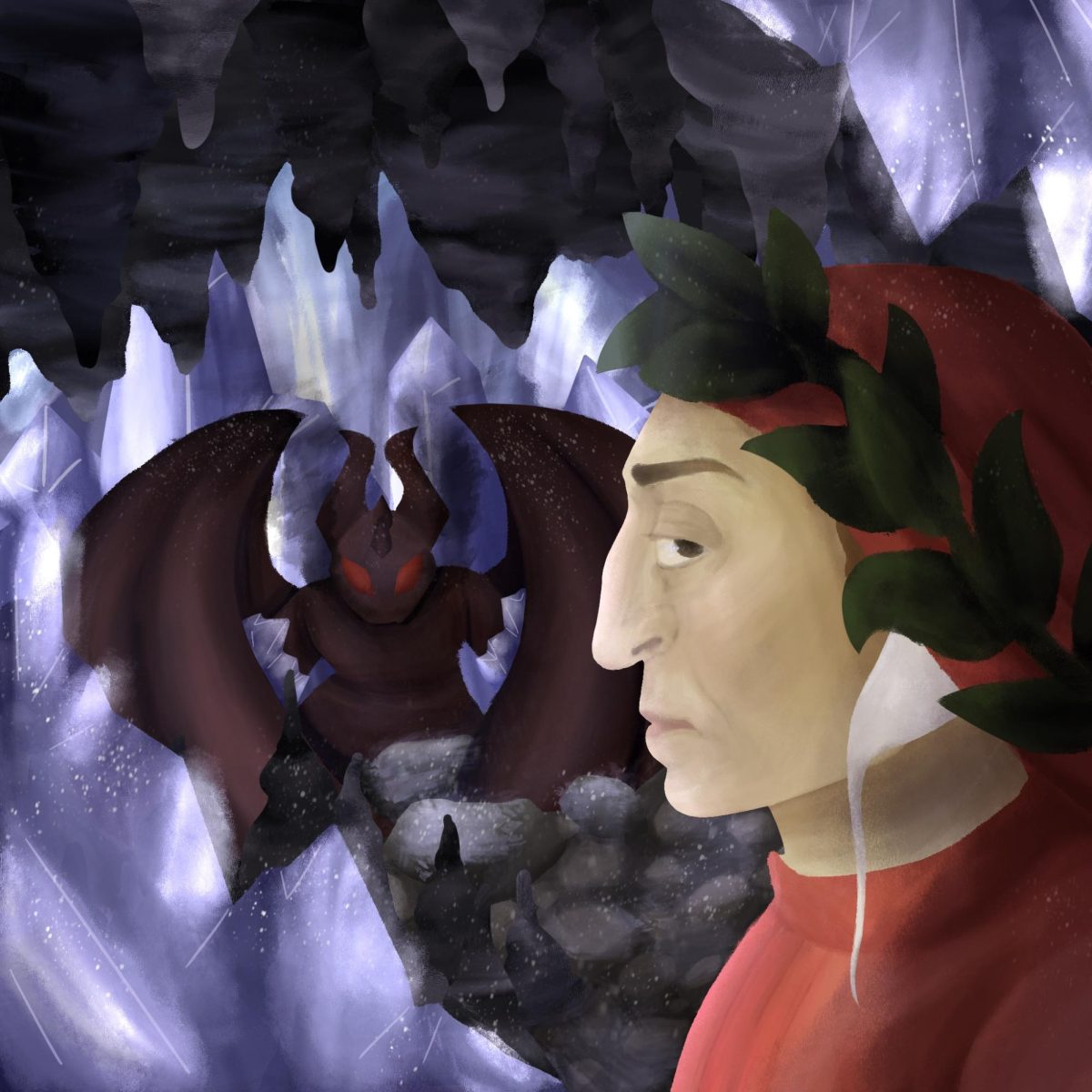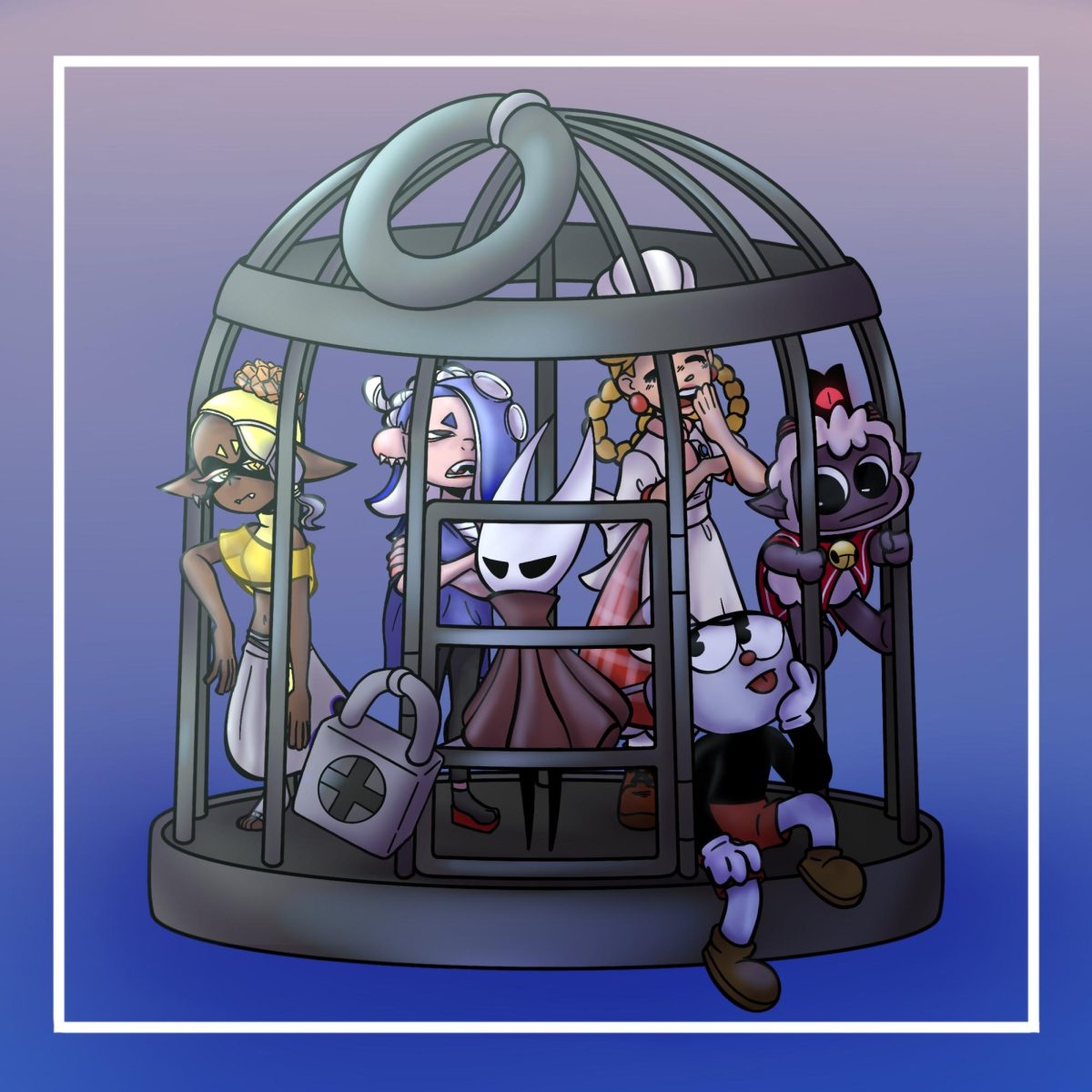This article was part of Stargazer’s April 1, 2024 satire print issue. Satire serves as an ironic or sarcastic commentary to draw attention to current issues and events. While quite humorous, stylistically competent, and perhaps based on real events, the stories in this issue are false.
In 1314, Dante Alighieri released the final canto of his narrative poem “The Inferno” to critical acclaim. Supposedly the poem is a revolutionary story about a man’s journey through hell with insightful theological and philosophical commentary. However, if you waste your time reading carefully, “The Inferno” does not live up to the hype, but instead goes down in flames.
For someone writing about hell, Alighieri does not seem to know much about it. The old expression is “when hell freezes over,” which Alighieri must have misunderstood because he made the ninth circle of hell a frozen wasteland. It just does not make sense. There was barely any fire and even less brimstone!
Alighieri puts very little action into “The Inferno.” The main character (also named Dante because the only thing bigger than Alighieri’s stupid hat is his ego) does not fight a single person or monster. The closest we get to an actual fight scene is when two frauds have a mild slap fight at the end of the eighth circle. Alighieri’s apparent oversight on this made the poem a complete snoozefest! It does not even end with him fighting the devil! That would have been so cool!
Alighieri chose to release his poem through the more traditional model of individual cantos coming out every two months, instead of following the new standard of book companies that release entire stories at once so they can be “binge-read.” While some series can work well with this model, the lack of action in “The Inferno” means it did not have the punch to keep readers interested for that long.
Another deadly sin of Alighieri is inserting politics into his poem. Alighieri talks far too much about Florentine politics in the 1300s and even puts Pope Nicholas III in hell. “The Inferno” should have been a soothing escape from modern politics as people read about the wretched and violent torture of sinners, but instead Alighieri inserts his own opinions into every canto!
The poem ends with complete sequel bait as Dante is carried into purgatory, which he will apparently need to go through next. As grating as “The Inferno” was, maybe Alighieri will learn to add action and avoid politics for its two announced sequels, “Purgatorio” and “Paradiso.”




![[Video] Magen in the Halls: Ketchup on your hotdog edition](https://scnstargazer.org/wp-content/uploads/2023/10/Magen-in-the-Halls-2-1200x675.png)





